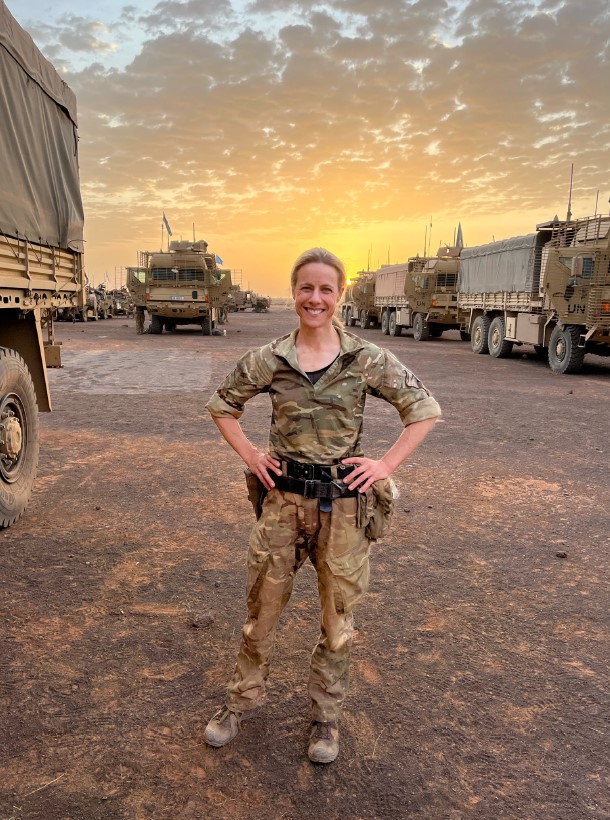My experience as an army medic
By Kate Brown
Consultant Surgeon Hands and Major Trauma Pulvertaft Hand Centre, Derby and Queens Medical Centre, Nottingham
Lt Col RAMC
I have been fortunate to have had a wide range of experiences during my military career as an army doctor. These have taken me from the scrubs of South Armagh in Northern Ireland at the end of the troubles, to the remote dusty northern parts of Kenya for an outreach vaccination programme, on to being the first point of medical contact in the forward operating bases in Iraq and the primary trauma surgeon in the Field Hospital in Afghanistan. I have worked for a year alongside our allies in America in a world class research institute, in order to combine our common concerns of providing the best trauma care for our wounded soldiers. I have spent many hours on exercise with the troops in difficult circumstances providing on the ground medical care whilst also participating in the command group to advise on medical needs and logistical planning.
This all means that I have had to manage a variety of challenges, both professional and personal. I have learnt to quickly form relationships in challenging and high intensity situations where danger is ever present and decisions must be made under pressure. I have worked in multi national teams, all with different expectations whilst understanding and respecting the local cultures. I have managed devastating war injuries with life long implications and learnt not only the clinical skills in order to do so but also appreciating the psychological effects. There are challenges of managing oneself, in particular when returning back to UK soil after working in conflict scenarios. Military life has given to me the privilege of working with first class soldiers and commanders, with a strong team work ethos and absolute commitment to the task set. These are service personnel from all walks of life, many who have come from difficult backgrounds and yet who set an example are exemplary in their professional conduct at all times. From this, and probably most importantly, I have learnt humility and this has enhanced my ability to 'Serve to Lead'.
Developing these skills has translated across into my civilian practice as the same concepts hold true. Learning the skills of my trade as an orthopaedic surgeon requires hard work and consistency and also, the ability to form strong and constructive professional relationships. These are key to the continuation of developing both clinical and non clinical skills both in training and as a consultant. Furthermore, I also have a family (two children, one husband!) and in order to do this in conjunction with a clinical career, requires organisation, planning and a supportive environment. There are a variety of ways to achieve this dependant on timings such as when to get married/have children and planning child care (family/nurseries/nannies/etc). It necessitates degrees of compromise at various time points but these do not equate to lowering personal standards. I have found that in achieving goals, any task can be solved by breaking down into the constituent parts and working out a suitable plan. Ultimately, creating a positive work/life balance ensures that it is possible to enjoy all my pursuits.

